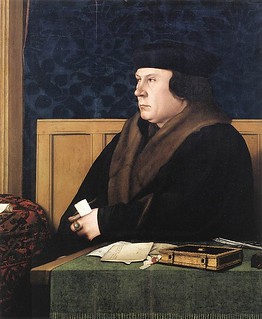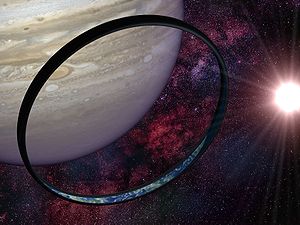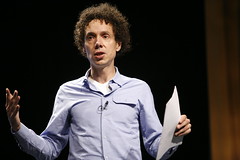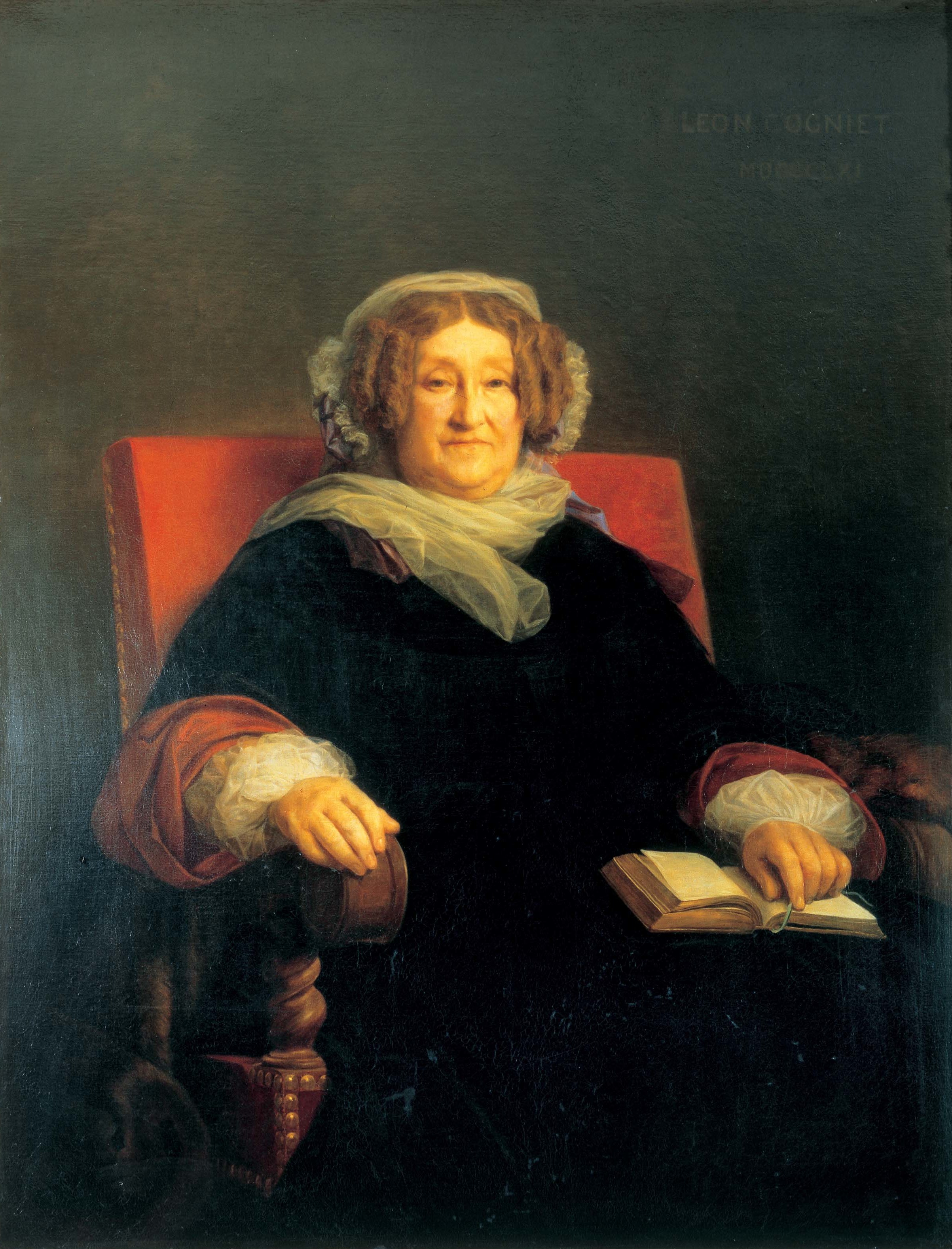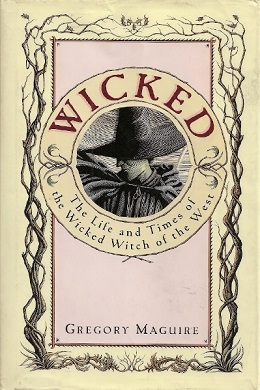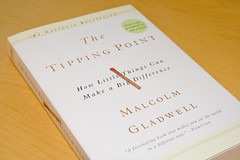|
|
| Een Goede raad (Photo credit: Djumbo) |
I put off reading this for a while as I was nervous about how JK Rowling could make the transition from wizarding to writing ‘adult’ fiction. I’m happy to report that my fears have been allayed.
So, a brief overview of the book - when Barry Fairbrother dies in his early forties, the town of Pagford is left in shock. Pagford is, seemingly, an English idyll, with a cobbled market square and an ancient abbey, but what lies behind the pretty facade is a town at war.
Rich at war with poor, teenagers at war with their parents, wives at war with their husbands, and teachers at war with their pupils…Pagford is not what it first seems.
And the empty seat left by Barry on the Parish Council soon becomes the catalyst for the biggest war the town has yet seen.
Well, in addition to my nervousness, the blurb on the dustjacket put me off for a little while but this is definitely worth the read. Rowling has assembled a large cast of characters, all clearly delineated and all fit in well to the design of the story.
It's a book of discovery as we find out how each character interacts with others and it has a rising tension that culminates in a final tragedy that I never saw coming. This book shows that Rowling has moved out the shadow of the boy wizard and onto a broader stage befitting of her talent. This is definitely a good read.







